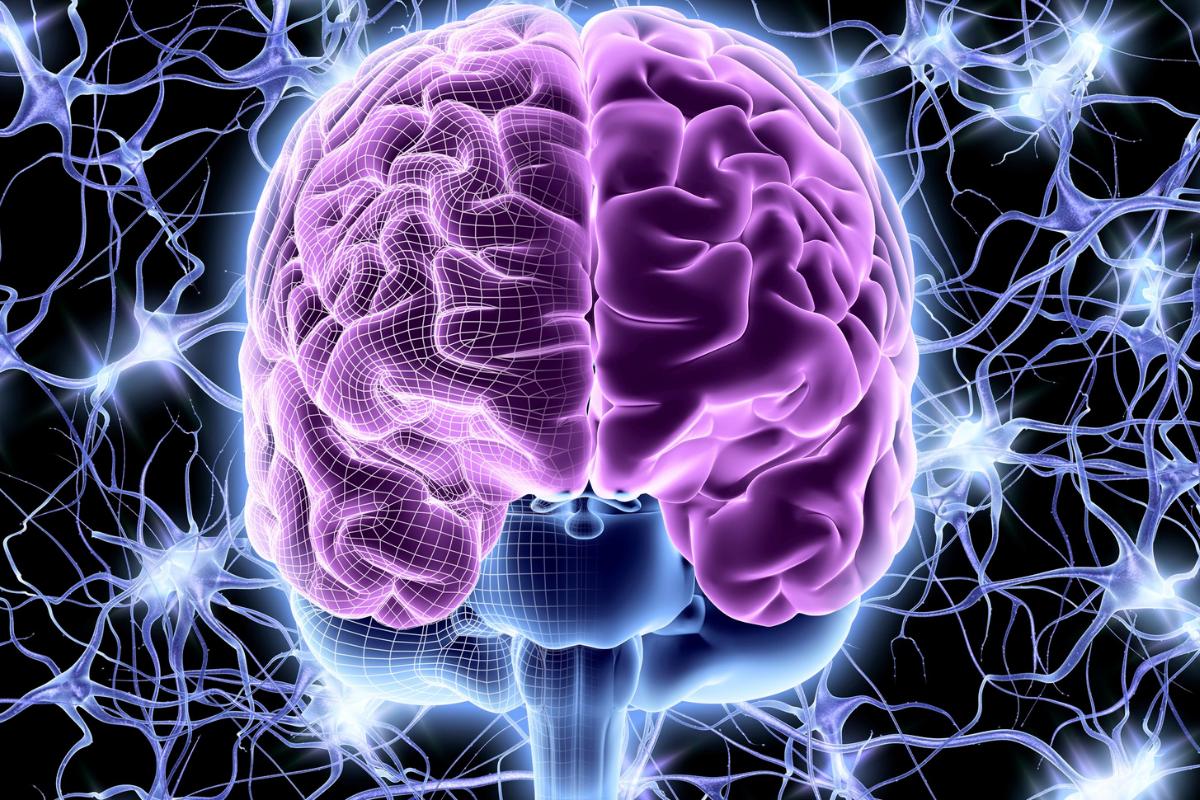By Dr. Petrus Raulino
Genetics is known to play an important role in the manifestation of psychiatric disorders.
But understanding how genetic variables affect treatments is a puzzle with endless pieces.
Several studies in humans and experimental model systems have identified genetic variations that can cause abnormal neural function underlying the occurrence of mental disorders.
Detailed molecular studies have led to the development of knowledge of many pharmacological treatments for psychiatric disorders.
Even so, many psychiatric treatments are effective for some people and not others, probably due to genetic reasons.
There are many publications on how genetics can influence the treatment of mental disorders, but here we are going to give just a small example of the research possibilities through a study in an animal model.
New research into treatment responses
Research from the University of Colorado published in the journal eLife has demonstrated a possible reason why differences in response to treatment may exist.
A protein in the brain called Akt (protein kinase B) may function differently between males and females. Or, in the case of the study, between male and female mice.
Akt is seen as one of the main factors responsible for promoting "synaptic plasticity", i.e. the brain's ability to establish connections between neurons in response to some experience.
Researchers know of three different isoforms of this protein: Akt1, Akt2 and Akt3.
Isoforms are similar proteins that originate from a gene or a family of genes. Isoforms are the result of genetic differences.
Akt1, when combined with Akt2 in the prefrontal cortex, is essential for learning and memory. Akt2, for example, is found in astrocytes and may have increased levels the higher the degree of malignancy of gliomas. Akt3 is associated with brain development and growth.
The methods used in the rodent manipulation study were aimed at analyzing how male and female mice react to the deficiency of different Akt isoforms.
Akt1 deficiency affected anxiety-related behavior, spatial memory, learning and extinction (of fear or memory) in male mice. There was no difference in females. The same occurred with Akt2 deficiency.
Behavioral changes related to anxiety, spatial memory, learning and extinction (of fear or memory) are often present in psychiatric disorders.
Conclusion
The study showed that different protein isoforms serve different purposes and can act differently in men and women, adding another piece to the enormous puzzle of understanding the genetic factors associated with behavior.
Based on this knowledge, the researchers hope that one day it will be possible to target specific brain proteins to treat psychiatric disorders in a personalized way.
But there is a long scientific road ahead. That's why more studies are needed to understand how the differences in Akt can be useful so that each individual receives the right treatment for their genetics. We're on the lookout for new research.
References
Wong, H., Levenga, J., LaPlante, L. E., Keller, B. N., Cooper-Sansone, A., Borski, C., ... & Hoeffer, C. A. (2020). Isoform-specific roles for Akt in affective behavior, spatial memory, and extinction related to psychiatric disorders. Elife, 9, e56630.
Musci, R. J., Augustinavicius, J. L., & Volk, H. (2019). Gene-environment interactions in psychiatry: recent evidence and clinical implications. Current psychiatry reports, 21(9), 1-10.
Renoir, T. (2014). New frontiers in the neuropsychopharmacology of mental illness. Frontiers in pharmacology, 5, 212.
Schumacher, J., Kristensen, A. S., Wendland, J. R., Nöthen, M. M., Mors, O., & McMahon, F. J. (2011). The genetics of panic disorder. Journal of medical genetics, 48(6), 361-368.
Mure, H., Matsuzaki, K., Kitazato, K. T., Mizobuchi, Y., Kuwayama, K., Kageji, T., & Nagahiro, S. (2009). Akt2 and Akt3 play a pivotal role in malignant gliomas. Neuro-oncology, 12(3), 221-232.
Sullivan, P. F., Kendler, K. S., & Neale, M. C. (2003). Schizophrenia as a complex trait: evidence from a meta-analysis of twin studies. Archives of general psychiatry, 60(12), 1187-1192.







